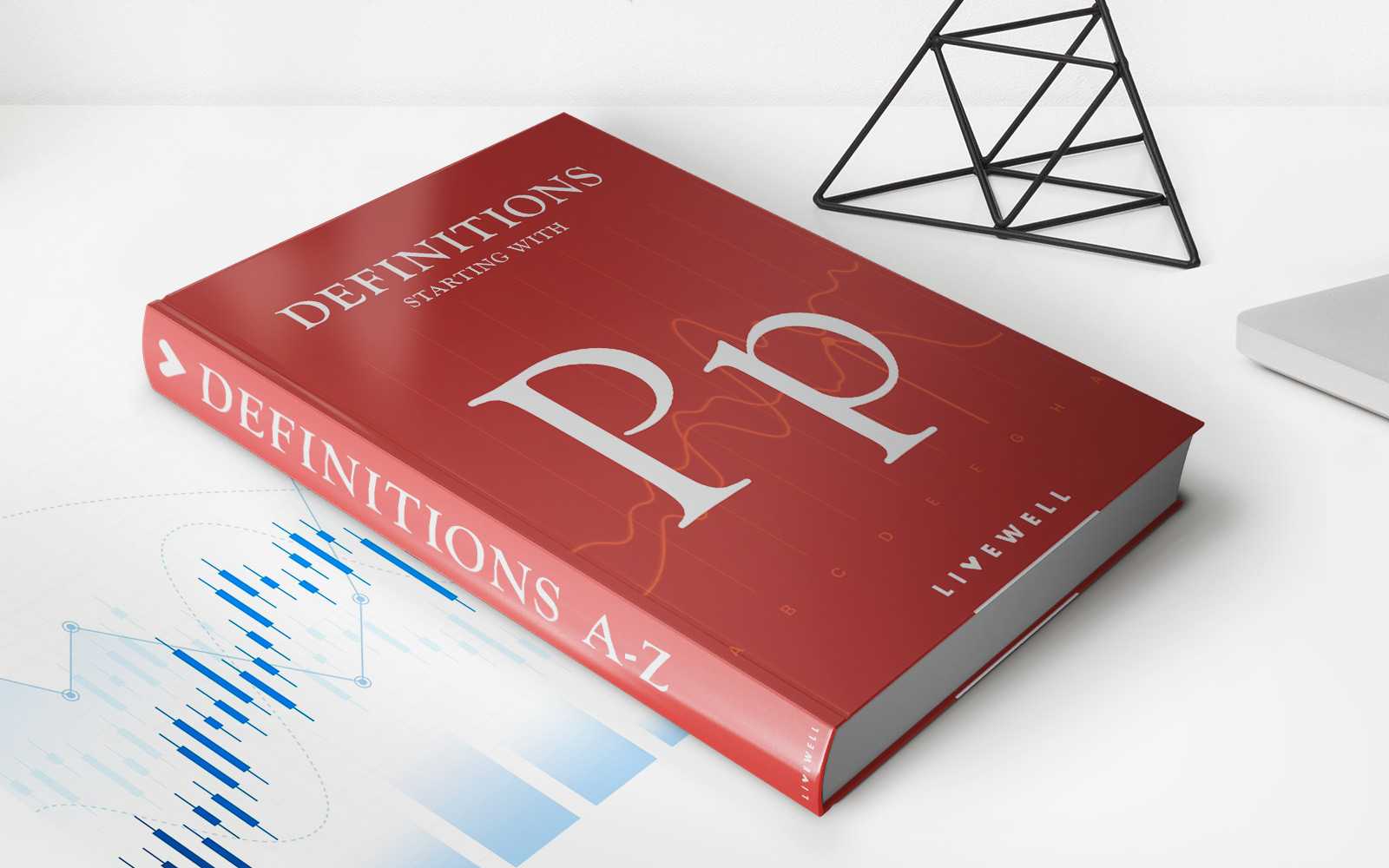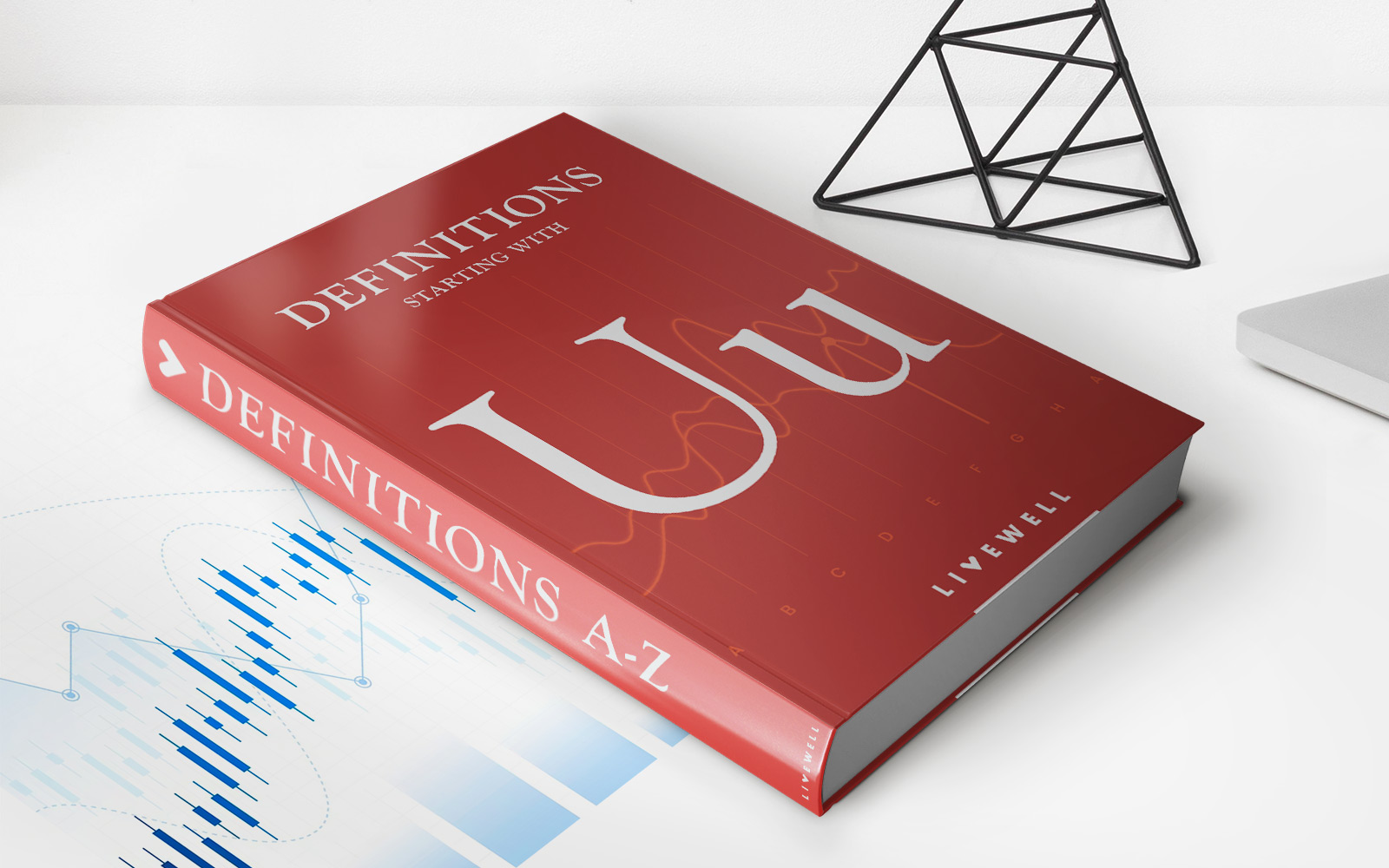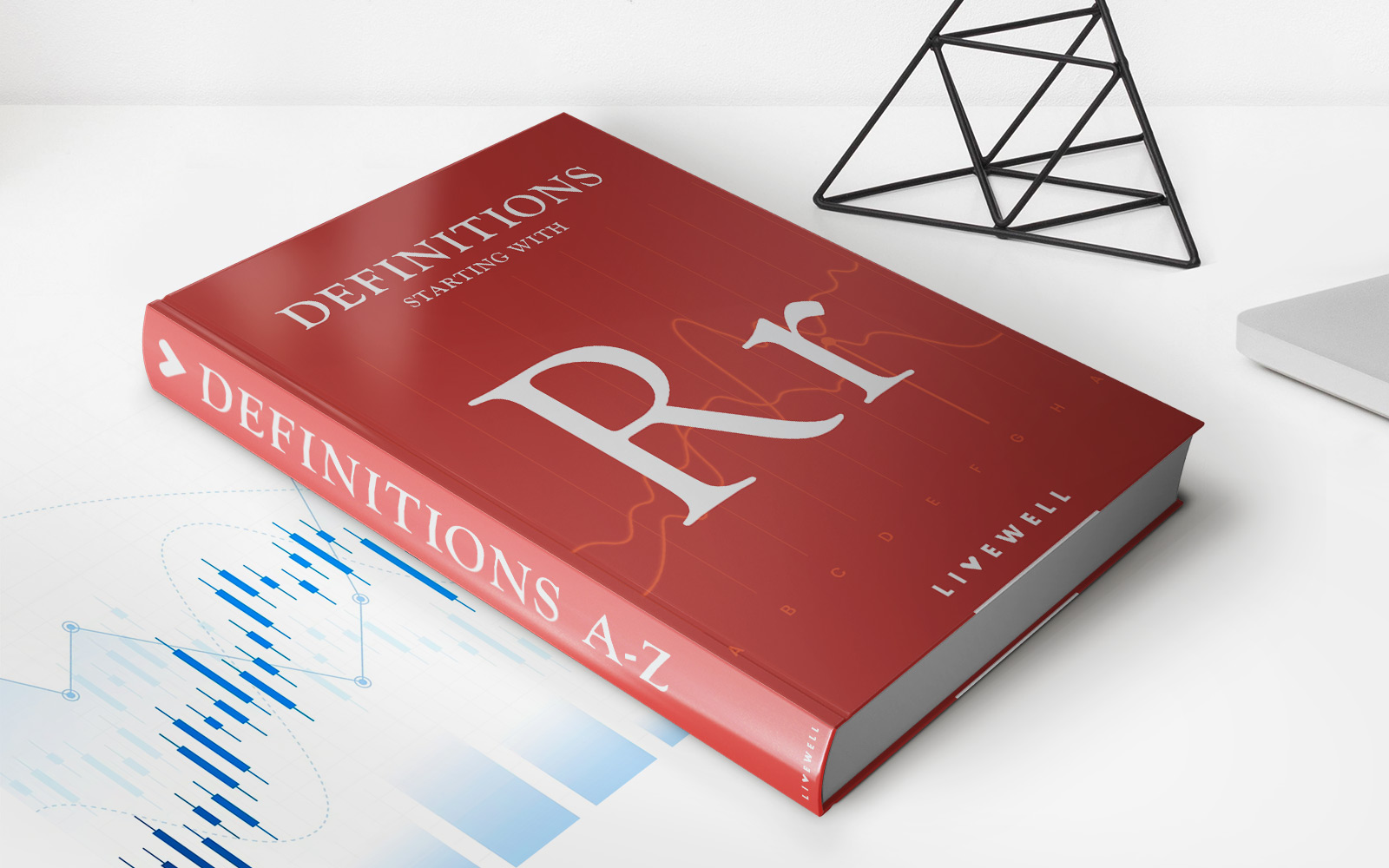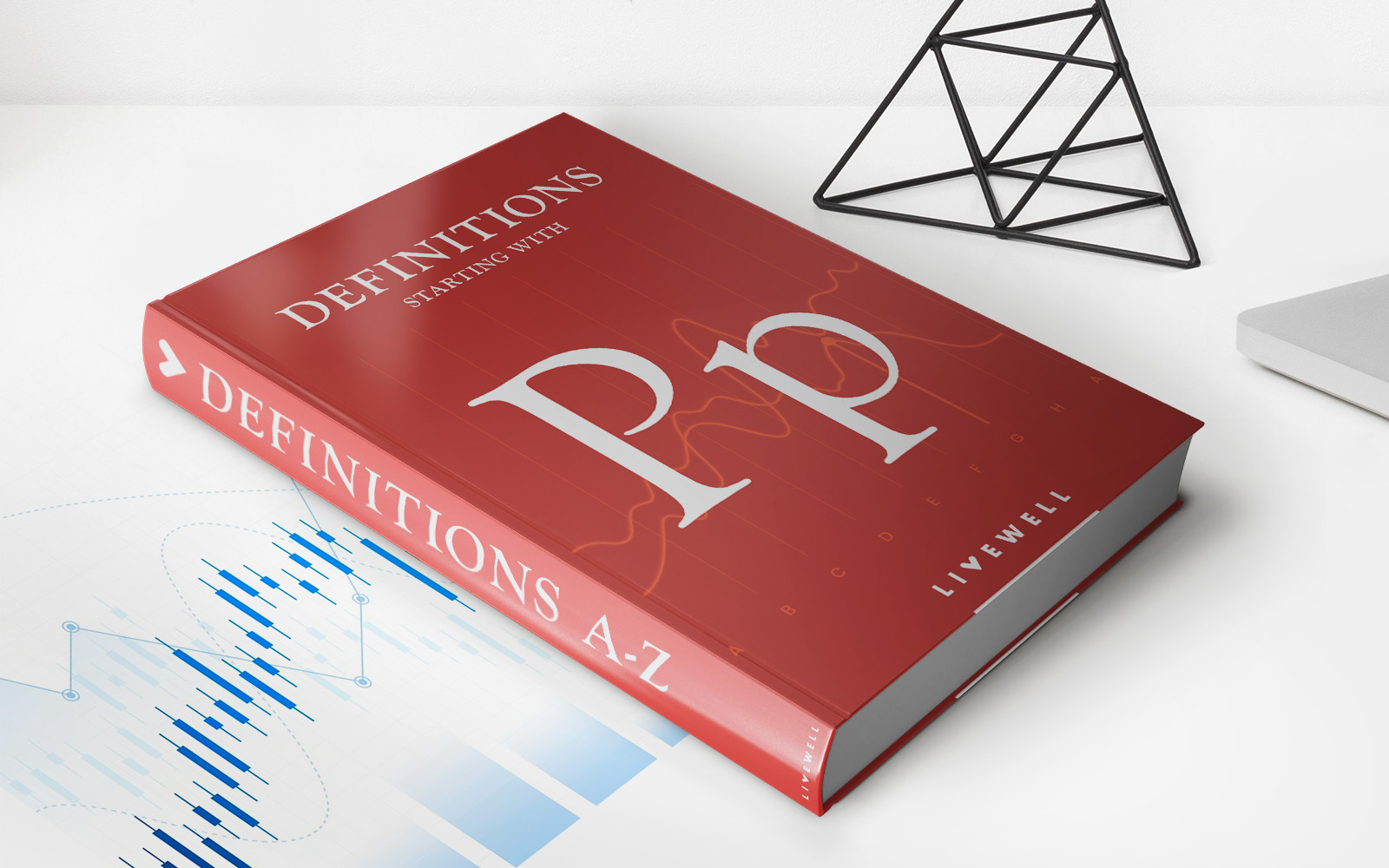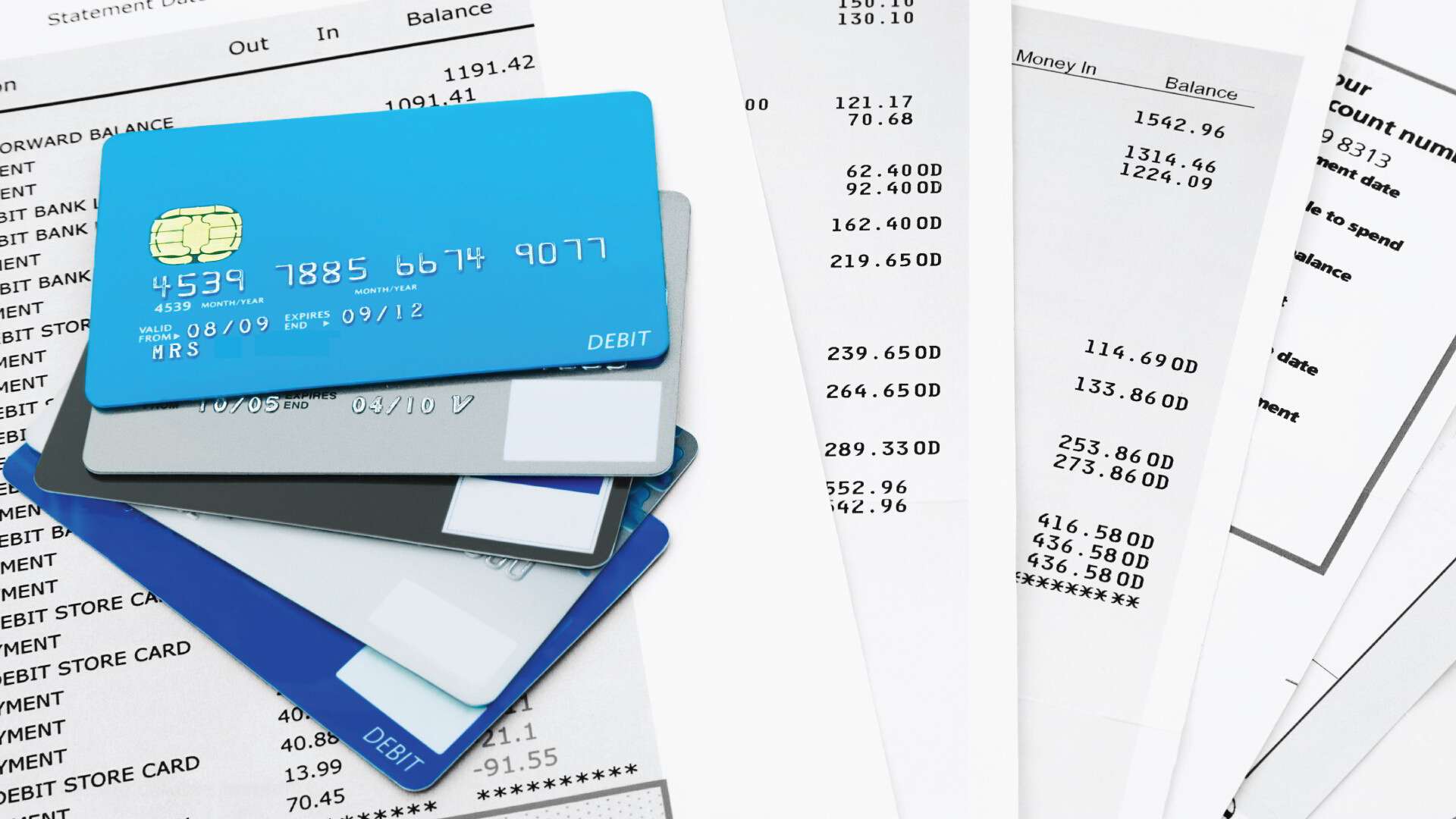Home>Finance>Personal Property Securities Register (PPSR) Definition
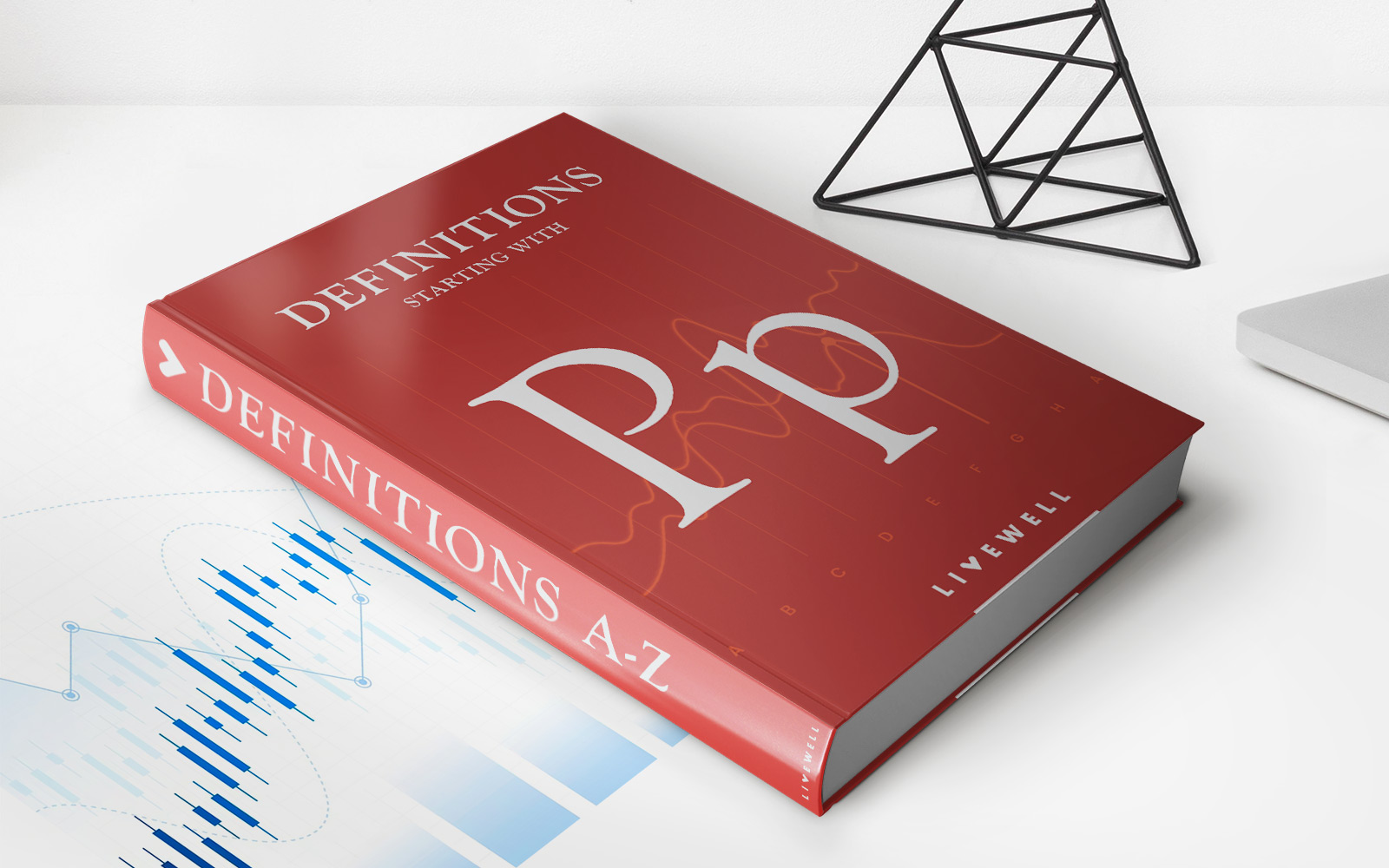

Finance
Personal Property Securities Register (PPSR) Definition
Published: January 7, 2024
Understand the role of the Personal Property Securities Register (PPSR) in the world of finance. Learn its definition and significance in securing financial interests.
(Many of the links in this article redirect to a specific reviewed product. Your purchase of these products through affiliate links helps to generate commission for LiveWell, at no extra cost. Learn more)
Understanding Personal Property Securities Register (PPSR)
In the world of finance, there are countless terms and acronyms that can sometimes feel overwhelming to decipher. One such term is the Personal Property Securities Register, or PPSR for short. If you’re unfamiliar with this term and wondering what it means, you’ve come to the right place. In this blog post, we will demystify the PPSR and provide you with a clear understanding of its definition and importance.
Key Takeaways:
- The Personal Property Securities Register (PPSR) is a centralized register where individuals and businesses can register their security interests over personal property.
- Registering on the PPSR can help protect creditors’ interests in situations where a debtor defaults on their payments or becomes insolvent.
Now, let’s delve deeper into what the PPSR is all about.
What is the Personal Property Securities Register (PPSR)?
The Personal Property Securities Register (PPSR) is an online register that serves as a repository for information related to security interests in personal property. Personal property refers to any property other than land, such as vehicles, equipment, inventory, intellectual property, and even intangible assets. It includes both tangible and intangible assets.
The purpose of the PPSR is to provide transparency and clarity in relation to ownership and secured interests in personal property. It allows individuals and businesses to register their security interests, giving them a legal claim over the property in the event of default or insolvency.
Registering on the PPSR allows individuals and businesses to protect their rights and interests, ensuring that they have a priority position in case of any disputes or insolvency proceedings. It also helps potential buyers or lenders to verify if a particular item of personal property is free from any existing security interests.
In essence, the PPSR plays a crucial role in promoting confidence in transactions involving personal property, providing a clear framework for rights and interests over such property.
Why is the PPSR Important?
The importance of the Personal Property Securities Register (PPSR) cannot be underestimated, especially in the world of finance. Here are a few reasons why the PPSR is important:
- Creditor Protection: Registering on the PPSR protects creditors’ interests in personal property. In case a debtor defaults on their payments or becomes insolvent, the secured party can enforce their rights over the property registered on the PPSR to recover their dues.
- Debtor’s Perspective: From a debtor’s perspective, understanding and complying with the PPSR rules can help them manage their financial obligations more effectively and avoid any unexpected consequences.
- Buyer and Lender Confidence: Potential buyers or lenders can use the PPSR to verify if the personal property they are interested in is free from any existing security interests. This promotes transparency and helps in making informed decisions.
- Legal Clarity: The PPSR provides a clear framework for determining priority among competing claims, ensuring fairness and reducing uncertainties in secured transactions.
In conclusion, the Personal Property Securities Register (PPSR) is a crucial tool for individuals and businesses involved in financing arrangements. Understanding its definition and significance can help both creditors and debtors navigate financial transactions more effectively, providing clarity and confidence in securing their interests in personal property.

